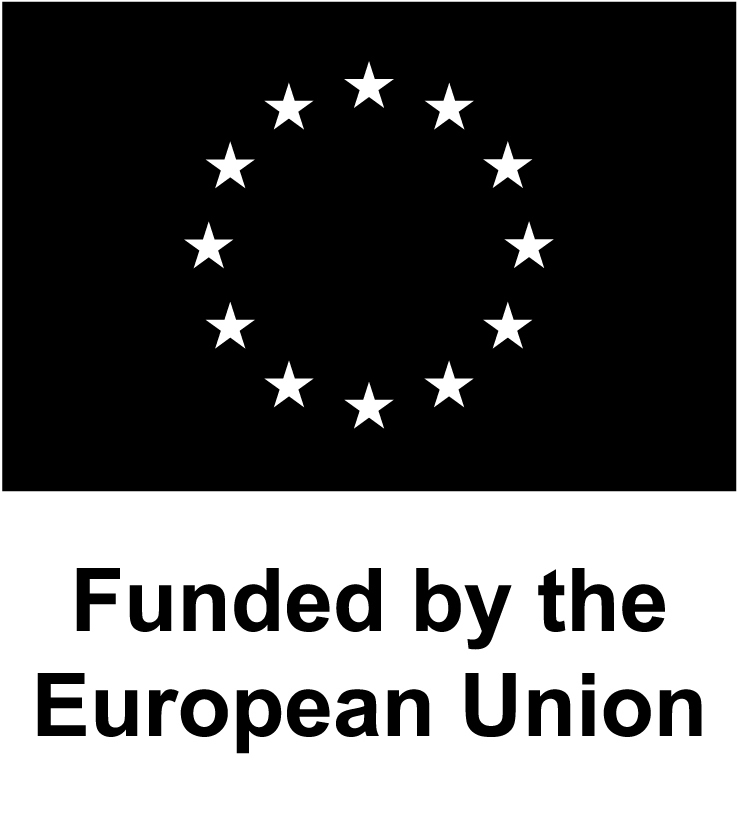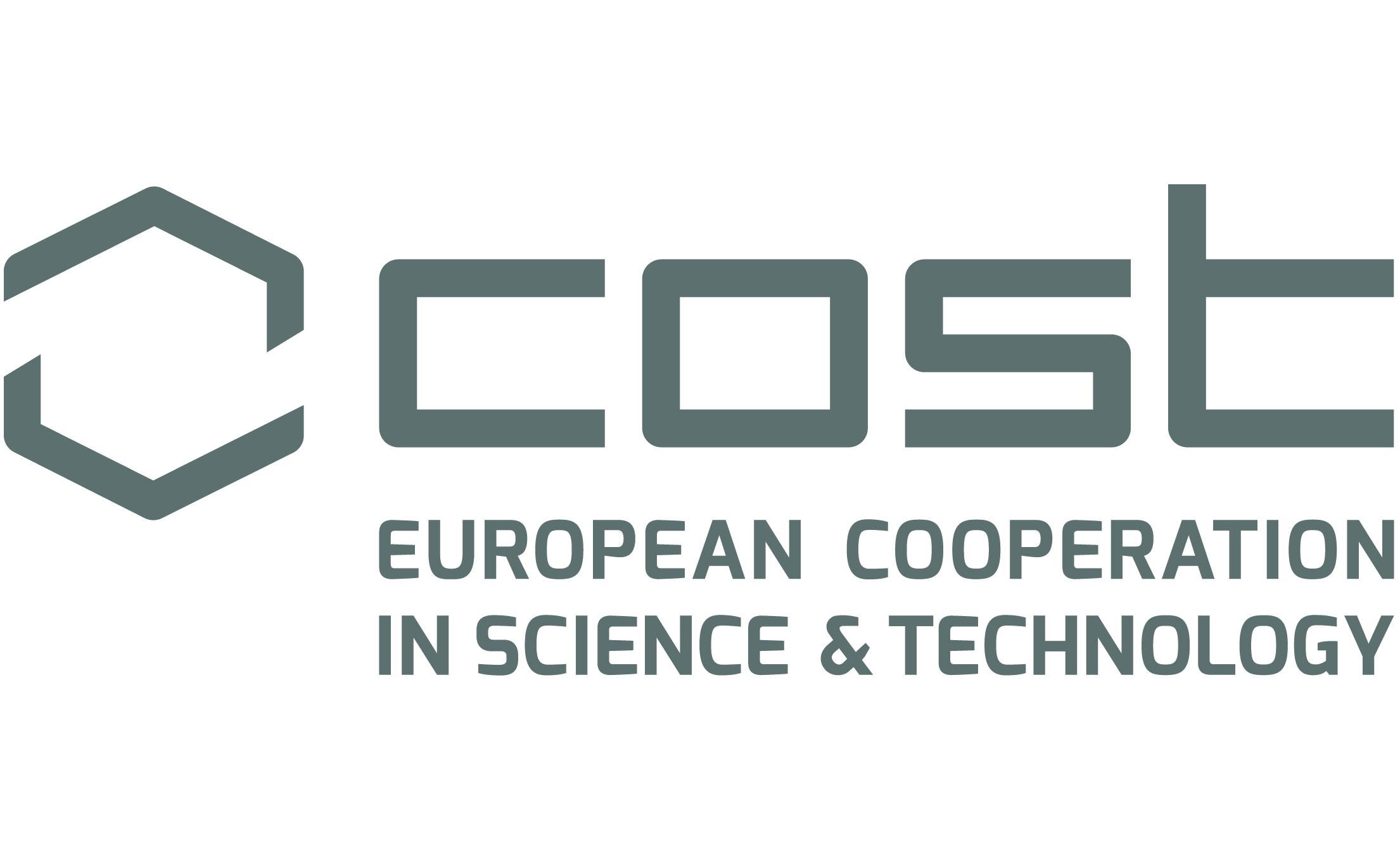Can Cultural Expertise Bridge the Justice Gap in Latin America?

Leila Rodríguez – Associate Professor, University of Puerto Rico
What is cultural expertise in Latin America?
In Latin America, social scientists have long contributed to legal cases as courtroom experts. Originally, this was conceptualized as anthropological expert witnessing (Rodríguez 2021) or a form of cultural defense (San Martín 2023). More recently, it has also aligned with the broader concept of cultural expertise (Holden 2011, 2025), which refers to the expert interpretation of cultural facts to assist legal decision-making in the evaluation of evidence.
At its core, cultural expertise in Latin America functions as a tool to enhance access to justice for marginalised or vulnerable populations.
ILO Convention 169: The Initial Catalyst
For much of the Latin American region the 1989 International Labor Organization Indigenous and Tribal Peoples Convention 169 is the legal norm that catalyzed the use of cultural expertise. The Convention emphasizes recognition and protection of Indigenous cultures, and centralizes the principles of participation and consultation.
There are limits to how Convention 169 is used to introduce cultural expertise. In Mexico for example, the Supreme Court of Justice published a series of Protocols of Action for Those Who Administer Justice in cases that involve populations with special considerations. The protocol for cases that involve the rights of “indigenous persons, peoples and communities” clarifies that according to ILO Convention 169, indigenous identity is a right of self-identification, and cultural expertise cannot be requested to “prove” that a person is indigenous (Suprema Corte de Justicia de la Nación 2013).
In Costa Rica, while the country ratified the Convention in 1993 (and its predecessor, Convention 107), it did not lead to any recourse to cultural expertise in legal conflicts where the cultural context should have been taken into consideration (Guevara Berger, 2021).
The Brasilia Regulations: A Turning Point
This approach is reflected in the Brasilia Regulations Regarding Access to Justice for Vulnerable People, developed by the Ibero-American Judicial Summit (IAJS), a forum uniting 23 countries across Latin America and Europe. First issued in 2008 and updated in 2018, these regulations include 100 directives aimed at reducing barriers to justice.
The Regulations broadly define vulnerability, citing factors like age, gender, disability, poverty, and—critically for cultural expertise—ethnic and cultural identity. While early references to cultural expertise focused on indigenous communities, the updated 2018 version acknowledges that such expertise may also be relevant in cases involving Afrodescendants and other cultural or ethnic minorities.
From Indigenous Expertise to Broader Inclusion
Higgins (2023) defines Indigenous expertise as a particular form of cultural expertise tied to the legal recognition of communities granted the right to self-determination. Building on this, Holden (2025) differentiates Indigenous expertise from broader forms of cultural expertise that she conceptualized in 2009 by emphasizing that Indigenous communities possess legally affirmed rights, including self-determination and the right to Free, Prior, and Informed Consent in matters that directly concern them, as recognized in the United Nations Declaration on the Rights of Indigenous Peoples (UNDRIP, 2007, Article 32) and in the ILO Convention No. 169 (1989, Articles 6 and 7). In contrast, individuals from social groups that are not formally recognized as Indigenous or do not belong to similarly defined groups with self-determination rights rely on state-appointed representatives in legal proceedings and rights claims.
Still, in both cases, cultural expertise and Indigenous expertise, the concept of voice is crucial. Cultural expertise—whether Indigenous or not—functions as a means to foreground the lived experiences of communities often marginalized in legal settings. The challenge lies in making sure this voice isn’t merely symbolic, but actually informs legal reasoning and decisions.
In Latin America , while cultural expertise has been most frequently applied in legal cases involving Indigenous peoples, its scope is slowly expanding to include Afrodescendants (Colombia, Mexico), sexual minorities (Colombia), religious minorities (Mexico, Chile) and peasants (Peru), among others (Rodriguez, 2021).
Who Still Gets Left Behind?
Whether the expanded definitions of cultural expertise are making a meaningful impact remains to be seen. The following questions are essential for evaluating progress:
– Who is considered the cultural “other” in each national context?
– How has this changed over time?
– What political, legal, or historical factors shape their vulnerability?
– Do legal frameworks reflect the full range of cultural diversity?
– Are expert testimonies applied consistently across different populations?
– Who benefits most from cultural expertise today? Who is still excluded?
Why It Matters Beyond Latin America
The Latin American experience provides important insights for other regions. It demonstrates how cultural expertise, when recognized institutionally, can enhance justice systems’ responsiveness to diversity. But it also reveals the risks of partial inclusion, where some communities gain visibility while others remain legally invisible.
Join the Conversation
In light of these reflections, the Latin American experience with cultural expertise offers a compelling field of study for members of the COST Action K-Peritia. We warmly invite interested researchers and practitioners to join the Latin America Study Group. Our aim is to deepen comparative analysis, foster interdisciplinary dialogue, and support collaborative research across the region.
By engaging with ongoing legal cases, theoretical frameworks, and on-the-ground practices, the group seeks to broaden our collective understanding of how cultural expertise can serve as a tool for justice and inclusion worldwide.
References
Ibero-American Judicial Summit (2008 & 2018). Brasilia Regulations Regarding Access to Justice for Vulnerable People.
International Labor Organization (1989). Indigenous and Tribal Peoples Convention, (No. 169)
Guevara Berger, M. (2021). Judicial Representations of Culture. In: Rodríguez, L. (2021). Culture as judicial evidence. University of Cincinnati Press.
Higgins, N. (2022). Indigenous Expertise as Cultural Expertise. Naveiñ reet: Nordic Journal of Law and Social Research, 11.
Holden, L. (2011 & 2025). Cultural Expertise: Theories, Laws, and Practices. Routledge.
Rodriguez, L. (ed.) (2021). Culture as judicial evidence. University of Cincinnati Press.
San Martín, R. Á. (2023). Cultural Expertise in Chile. In Cultural Expertise, Law, and Rights. Routledge.
Suprema Corte de Justicia de la Nación (2013), México. Protocolos de Actuación para Quienes Imparten Justicia. Available at: https://www.scjn.gob.mx/derechos-humanos/protocolos-de-actuacion/en-casos-que-involucren-derechos-de-personas-comunidades-y-pueblos
This output is based upon work from K-Peritia CA22101, supported by COST (European Cooperation in Science and Technology).









